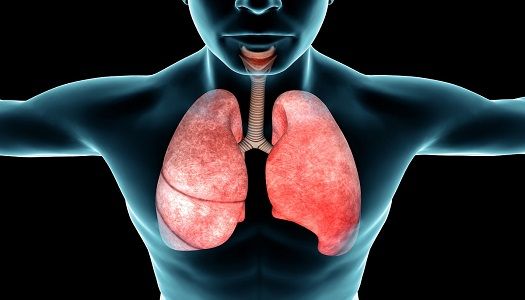Article
Study Finds Mucus Build-Up, Not Infections Triggers CF Lung Damage
Author(s):
Results suggest doctors may be able to delay onset of lung disease in children born with CF.

A new cross-sectional cohort study has found that mucus build-up and not infections can trigger cystic fibrosis (CF) lung damage.
Investigators believe their research suggests doctors might be able to delay the onset of lung disease in young children born with CF and possibly allow them to live significantly longer if they are able to use early treatments that thin out mucus.
Investigators from the UNC School of Medicine carried out the cross-sectional cohort study of 46 Australian children with CF and 16 others with asthma and other non-CF airway ailments. Investigators compared measurements of mucins, infection, and inflammation in bronchoalveolar lavage fluid (BALF) collected from preschool children with CF to BALF collected from age-matched, disease control children.
At each visit, a bronchoalveolar lavage was performed in the right middle lobe and in one of the left lobes, this provided 124 BAL fluid samples. Chest scores for bronchial wall thickening (BWT) and bronchiectasis (BE) were available from lavage lobes in 58 subjects with CF, with BWT present in 65.5% of lobes and BE in 24.1%. BALF samples were obtained via the same protocol from the right middle lobe and lingula of 16 non-CF disease control subjects, which provided 32 samples.
Mucus analyses were performed per lobe and compared with lobe-specific microbiology, inflammatory markers, and computed topography data. Mixed-effects models with random intercepts to account for repeated visits, adjusted for lobe, gender, and age were used for comparisons among the CF versus non-CF groups.
While bacterial infection has been suspected as an early driver of lung damage in CF, researchers found little evidence of bacteria in the lavage fluids of young CF patients’. Investigators found more bacteria, on average, in the non-CF samples.
CF samples contained more evidence of mucus, which implies that CF causes patients to produce or accumulate more mucus. Additionally, the mucus in CF samples was much more likely to be more solid “flake” form with a higher concentration of mucins. The areas of CF lungs where serious damage had not yet occurred still featured an abnormally high concentration of mucins and signs of inflammation, even without strong evidence of infection. Investigators believe that this finding suggests early mucus-thinning intervention might delay the course of CF.
“How lung disease starts in the youngest kids with CF hasn’t been well understood, but with this study we can see what processes come first and develop strategies to target them to help patients,” said co-first author Charles R. Esther, Jr., MD, PhD, professor of pediatrics at the UNC School of Medicine and member of the UNC Marsico Lung Institute.
Study investigators also tested several mucus-thinning compounds on the mucin flakes that were isolated from the CF lavage samples. They found two FDA-approved drugs, Dnase and N-acetylcysteine, which are used as mucus-thinners in CF patients, did not work well in dissolving the mucin flakes. A third compound, dithiothreitol, was tested and worked well but is too toxic for human use. UNC researchers also developed an experimental compound called P2062, in conjunction with biotech company Parion Sciences, that worked well at reducing the flakes but has not yet been tested in humans.
The study was published in Science Translation Medicine.




